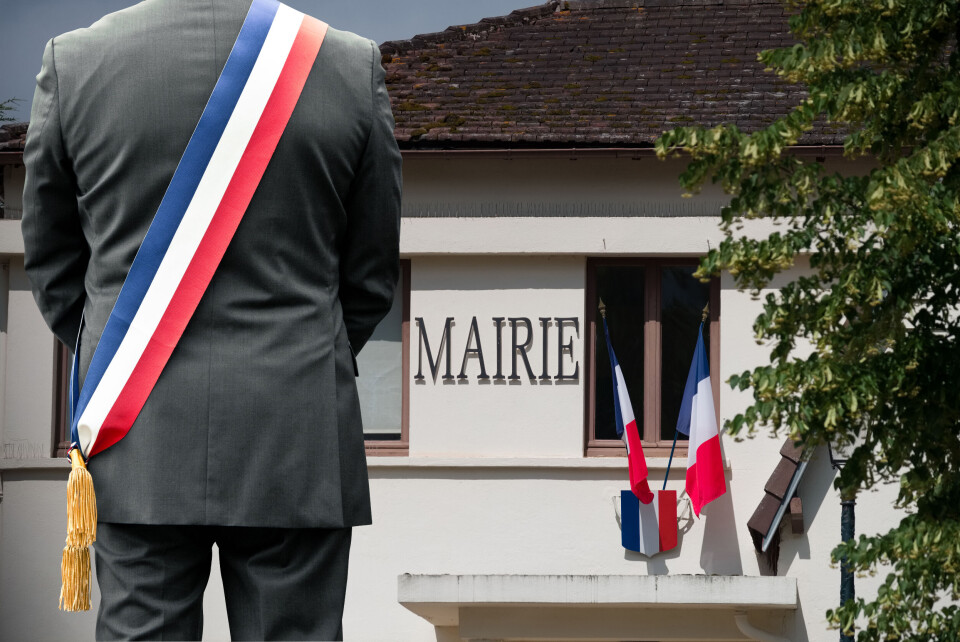-
French Prime Minister confirms use of Article 49.3 to pass budget
Usage opens government up to motion of no confidence but opposition MPs unlikely to find enough support
-
Floor collapses in Paris building leaving 20 injured
Water leaking into the building from balcony is thought to be cause of collapse
-
Homes evacuated and cars submerged as flash floods hit south of France
Alerts continue as schools and roads are closed. Several rivers have burst their banks
Local French officials lose appetite for job despite public confidence
A study has found that 55% of mayors do not want to stand for re-election

More than half of mayors (55%) do not want to stand for re-election at the end of their term, according to an Ifop poll published at the end of last year.
The figure, a record in 20 years, has been credited to tough economic conditions making it harder for elected officials to exercise their mandate.
Mainland France is divided into more than 36,000 communes, each of which has an elected maire.
An annual political confidence ‘barometer’ by the university Sciences Po shows that year after year mayors are the only elected politicians as a group that attract more than 50% of general confidence.
Sciences Po researcher Bruno Cautrès said it is because they “embody accessibility, devotion, down-to-earth politics and the wielding of power in a modest way.”
The maire runs the commune with the help of his or her adjoints (deputies) and the conseil municipal (council).
This local layer of administration has key responsibilities, including primary and nursery education; the maintenance of roads; and sport and culture in the commune.
Its first job is to elect the mayor, as the municipal election only appoints the council.
The council must meet at least once every three months and the agenda, set by the mayor, must be communicated before the meeting begins.
The meeting is open to the public unless the assembly decides to close the meeting or the mayor exercises his or her power to ‘police’ it, particularly in the event of unrest, and restricts public access.
The mayor and conseil municipal are elected every six years (the next élections municipales will be held in 2026).
Since Brexit, British citizens no longer have the right to vote or stand for election.
The Leave result had the consequence that 800 elected conseillers municipaux of only British nationality were no longer eligible to be re-elected in 2020.
Related articles
French mayor increases summer tariffs to make people use less water
Mayor’s hunger strike to protest lack of help for disabled in France
France plans to better protect officials after arson at mayor’s home
























